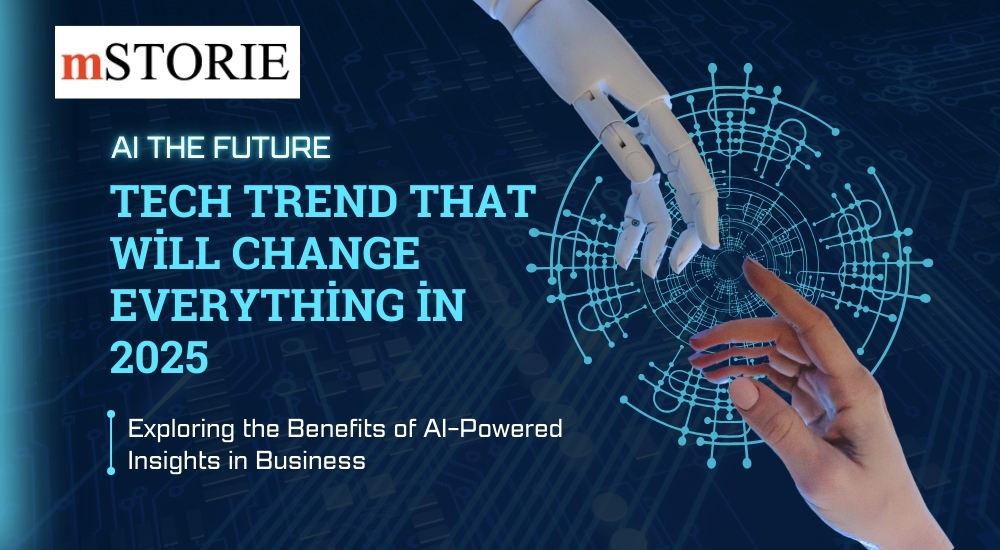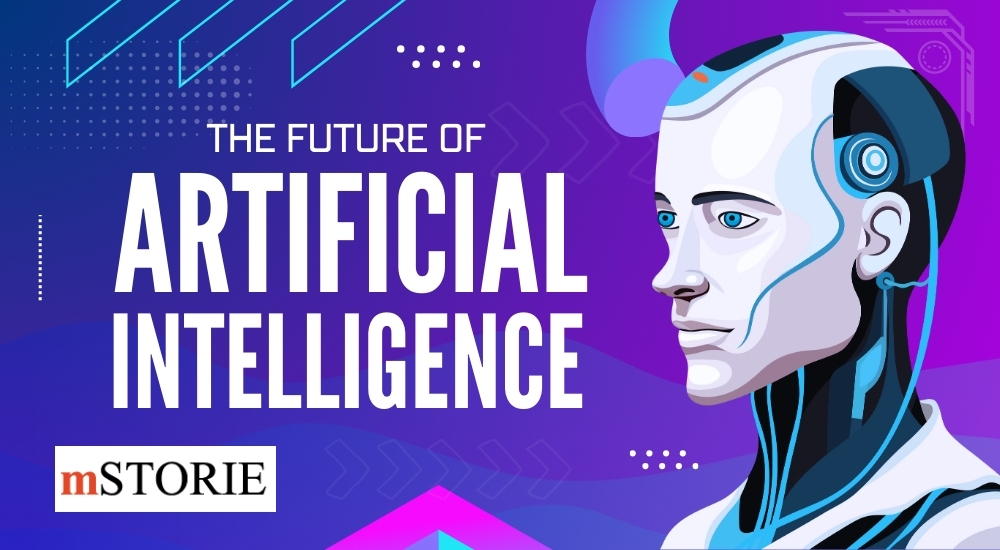Artificial Intelligence (AI) has continued to evolve and integrate into everyday life in 2024, transforming various aspects of society and individual routines. Here are some of the key areas where AI is making a significant impact:
- Healthcare
- Personalized Medicine: AI algorithms analyze genetic information and medical histories to provide personalized treatment plans, improving patient outcomes.
- Telemedicine: AI-powered virtual assistants and chatbots assist in preliminary diagnostics, scheduling appointments, and follow-ups, making healthcare more accessible.
- Medical Imaging: AI systems enhance the accuracy of diagnostics by analyzing medical images faster and more accurately than human radiologists.
- Transportation
- Autonomous Vehicles: Self-driving cars and trucks are becoming more common, reducing the need for human drivers and potentially lowering accident rates.
- Traffic Management: AI systems optimize traffic flow in cities, reducing congestion and improving commute times through real-time analysis and adaptive traffic signal control.
- Home Automation
- Smart Homes: AI-driven devices control lighting, heating, and security systems, creating more efficient and comfortable living environments.
- Virtual Assistants: Devices like Amazon Alexa and Google Assistant use AI to manage household tasks, from setting reminders to ordering groceries.
- Education
- Personalized Learning: AI platforms tailor educational content to individual student needs, helping them learn at their own pace and addressing specific areas of difficulty.
- Tutoring Systems: AI-powered tutors provide additional support for students, offering explanations and practice problems in various subjects.
- Retail and Shopping
- Personalized Recommendations: E-commerce sites use AI to recommend products based on user behavior and preferences, enhancing the shopping experience.
- Automated Customer Service: Chatbots and virtual assistants handle customer inquiries, process returns, and provide support, improving service efficiency.
- Work and Productivity
- Automation of Routine Tasks: AI handles repetitive tasks such as data entry and scheduling, allowing employees to focus on more complex and creative work.
- Enhanced Decision Making: AI systems analyze large datasets to provide insights and support strategic decision-making in businesses.
- Finance
- Fraud Detection: AI algorithms detect unusual patterns in transactions, helping to prevent fraud and ensure security.
- Robo-Advisors: AI-driven financial advisors provide investment advice and portfolio management, making financial planning more accessible.
- Entertainment
- Content Creation: AI tools assist in generating music, art, and writing, providing new opportunities for creativity and collaboration.
- Streaming Services: Platforms like Netflix and Spotify use AI to recommend shows, movies, and music based on user preferences, enhancing the entertainment experience.
- Communication
- Language Translation: AI-powered translation tools break down language barriers, enabling seamless communication across different languages.
- Virtual Meeting Assistants: AI helps manage virtual meetings by scheduling, taking notes, and summarizing key points, improving productivity.
- Environmental Sustainability
- Energy Management: AI optimizes energy usage in buildings and industries, reducing waste and promoting sustainability.
- Climate Predictions: AI models provide accurate climate predictions, helping in disaster preparedness and environmental conservation efforts.
Conclusion
In 2024, AI is not just a futuristic concept but a pervasive and integral part of everyday life. It enhances convenience, improves efficiency, and creates new possibilities across various domains, from healthcare to entertainment. As AI technology continues to advance, its influence on daily life is expected to grow even further, driving innovation and transformation in ways that were previously unimaginable.
To read more articles, please visit our website https://www.mstorie.com/














